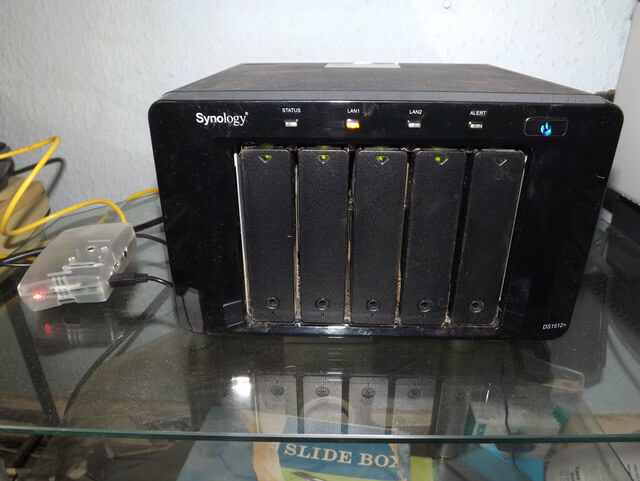
While once limited to local servers, cloud backup services continue to offer SMBs access to a scalable, remote server solution.
#Backup server Offline#
With an intact offline server backup, restoring the network could be done in the flip of a switch (and a chunk of buffering time depending on the organization’s size). Organizations must consider paying the ransom while continued downtime or even bankruptcy threatens the firm’s survival.

In the examples mentioned above, ransomware gangs encrypted network data, preventing personnel and stakeholders from normal operations. One solution to deterring encrypt and extort schemes is offline backups, which remain untouched by the threat actors. Many other companies have done the same in this situation. Without access to network resources and afraid of further compromise, Colonial and JBS decided to shut down network segments or halt production. In May 2021, hackers targeted the networks of energy company Colonial Pipeline and meat-processing company JBS, encrypting their data.
#Backup server full#
Restores last full backup and all incremental changes.One of those two storage mediums should be an off-site copy, such as a cloud backup. One of these is your existing network doling out resources, while administrators should place the remaining two in different types of storage. © ServerWatch 2021.įor all pertinent data, you should have three copies of that data. Industry professionals have come to agree on the 3-2-1 principle of backups: Designed by Sam Ingalls. While local and cloud backups both have their benefits, it’s not good practice to rely on one or to limit your backups to a single copy. However, cloud backups take longer to reload or sync systems, cloud providers do not make switching easy, and networks are at risk of data loss when service contracts come to an end. The benefits of cloud backups include reduced overhead, protection from natural disasters, access to data from anywhere, more robust security, and scalability. Cloud backups are available on public cloud platforms (e.g., AWS, Azure, GCP), or organizations can establish and support backups via private cloud infrastructure. Like many other cloud solutions, cloud backups are services offered by cloud providers and their army of remote servers and global data centers. Not dependent on a third-party organization or the internet, local backups are accessible and reload system backups faster than remote cloud backup alternatives. Cloud BackupĪny servers or other organization devices (e.g., tapes, disks, flash drives) holding redundant data on the physical premises are known as local backups. Rather than competing methodologies, the following often work in conjunction to serve the organization.Īctive syncing between files Local Backup vs. With the development of cloud computing, cloud services help secure data in three ways.

Beyond the consumer cloud storage market, several vendors fight to secure the cloud server backup space for businesses. With the rise of cloud solutions, backup services have become a significant vertical. Local or cloud-based servers can back up files, folders, databases, hard drives, and more to ensure data persists outside of its day-to-day use as network resources. Whether it’s a hurricane, extended power outage, or advanced cyberattack, organizations need a method for restoring lost data.


 0 kommentar(er)
0 kommentar(er)
